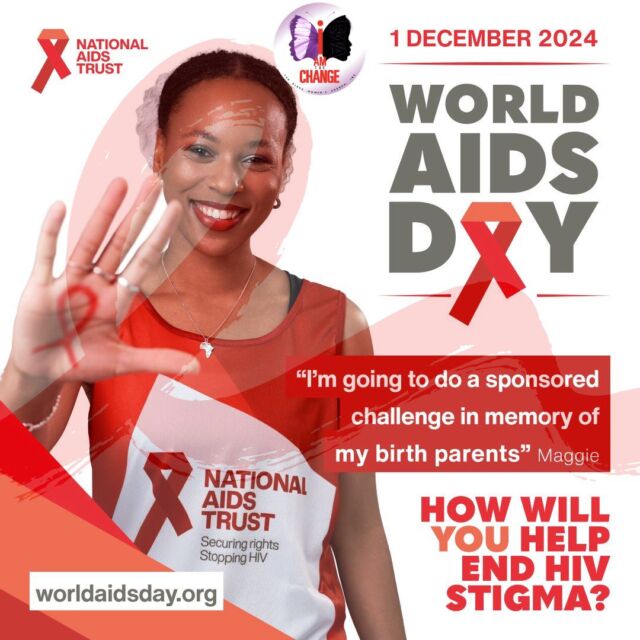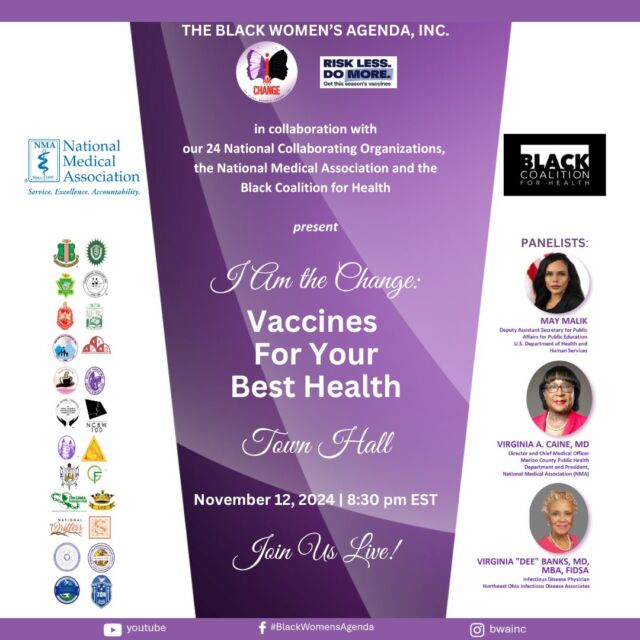
MAY IS LUPUS AWARENESS MONTH:
PUMP UP THE PURPLE!
Have you noticed a lot of people donning the color purple this month? It could be because May is Lupus Awareness Month. “Pump up the Purple” is the call to action for a campaign to raise awareness and funds for lupus research and education programs.
Lupus is a chronic auto-immune disease that can adversely impact many parts of the body. There are several different kinds of lupus, and no two cases are alike. Many scientists believe lupus develops in response to a combination of factors within and outside the body, including hormones genetics and the environment. Roughly five million people around the world are estimated to have lupus, including 1.5 million in the United States. Some 16,000 new cases of the disease are reported each year, developing mostly in younger people, ages 15-44.
Ninety percent of patients living with lupus are female, and research indicates that minority women are two to 3 times more likely to contract the disease than their white counterparts. A 2014 study conducted by the Michigan Lupus Epidemiology and Surveillance Program minority women tend to develop lupus at a younger age, experience more complications and have higher mortality rates.”
According to the Lupus Foundation of America, nearly two-thirds of the general public no little or nothing about the disease beyond its name. To help change that and combat the disease, here are some facts that you should know:
- Lupus is not contagious. You cannot catch it or give it to someone else.
- While there have been findings that indicate that genes may somehow figure into the development of lupus, no one gene or group of genes has been proven to cause lupus.
- Lupus is often referred to as the “great imitator” because its symptoms mirror those of many other diseases, often making it difficult to diagnosis and, as a result, to treat.
- People with lupus report experiencing a variety of symptoms including recurring low-grade fevers; extreme fatigue; butterfly-shaped skin rashes; joint pain and swelling; hair loss; ulcers on the nose or in the mouth; chest pain or breathing problems, kidney inflammation; gastrointestinal problems; blood clotting and anemia. The occurrence of these symptoms is often referred to as flares or flare-ups. They can vary in intensity, degree, and frequency.
- Lupus is not easy to diagnose, and it may take months or longer to confirm. People experiencing four or more of its symptoms with no other explanation for why they are occurring are encouraged to discuss lupus with their doctors.
- Lupus is generally diagnosed by providing your doctor with a complete and accurate medical history; undergoing a physical examination, X-rays and lab tests. It is not uncommon for a medical practitioner to refer a patient to a rheumatologist who specializes in diagnosing, managing and treating the disease.
- Early diagnosis, as well as avoiding triggers such as excessive exposure to the sun, can help in managing lupus. A rheumatologist can treat lupus with a variety of medications that can slow the progress of the disease and help lessen the discomfort associated with its symptoms.
- While there is presently no cure for lupus, understanding the disease, how it presents itself, and possible triggers can help patients prevent flare-ups or make the symptoms less severe. Experts agree that the best course of action is to work closely with a doctor to develop, review and, when necessary, revise a treatment plan. While some people die from the disease, with close follow-up and treatment, research indicates that 80-90 percent of people living with lupus can expect to live a normal lifespan.
To learn more about lupus, visit the Lupus Foundation of America at https://www.lupus.org.
Information and statistics cited in this article were derived directly from the following sources:
https://www.lupus.org
www.lupusawarenessmonth.org/gopurple.html
https://resources.lupus.org/entry/facts_and_statistics
www.health.facty.com/conditions/lupus/10-symptoms-of-lupus/
www.lupuscorner.com
OTHER NEWS
Financial Workshop Series
The Black Women's Agenda, Inc., under the sponsorship of The Coca-Cola Company and in collaboration with BWA National Collaborating Organizations, proudly presents its virtual learning series of Financial Workshops as a part of I Am the Change: Empowerment Through Economic Freedom. This three-part series, hosted by financial expert Martin Booker of AARP and featuring illustrious guest speakers, is designed to impart essential skills to help black women to unlock their financial potential and take charge of their economic well-being.
BWA AND COMMON CAUSE
The Black Women’s Agenda, Inc. (BWA) has partnered with Common Cause, an organization fighting for an accountable government, equal rights / opportunities / representation and empowering voices in the political process to get out the vote and protect the vote. This partnership will allow individuals and organizations to expand their community outreach by ensuring that all voters have an equal opportunity to vote and have that vote count.
The Election Protection Program provides Americans from coast to coast with comprehensive information and assistance at all stages of voting – from registration, to absentee and early voting, to casting a vote at the polls, to overcoming obstacles to their participation.
I Matter: I Vote BWA 43rd Symposium Town Hall
WASHINGTON, DC – Friday, September 18, 2020 – The Black Women’s Agenda, Inc. (BWA) went on the offensive today, hosting a virtual town hall devoted to protecting and securing the voting rights of African Americans and other people of color during its 43rd Annual Symposium. Moderated by Heather McGhee, Board Chair, The Color of Change, a panel of prominent political activists and observers – including Rev. Dr. William J. Barber II, President, Repairers of the Breach and Co-chair, Poor People’s Campaign; Dr. Johnetta B. Cole, anthropologist, educator and Board Chair of The National Council of Negro Women, Inc.; Dr. Eddie S. Glaude Jr., an esteemed author, commentator and Chairman of Princeton University’s Department of African-American Studies, and Aisha C. Mills, a nationally renowned political strategist and social impact advisor – discussed strategies for combatting voter suppression, registering and engaging African-American voters, and ensuring that they have the opportunity to make their voices heard.
No feed found with the ID 1. Go to the All Feeds page and select an ID from an existing feed.
© 2025 The Black Women’s Agenda, Inc. All Rights Reserved. Privacy Policy








